WASHINGTON, D.C. — A tense and highly publicized exchange between a D.C. firefighter and a 911 dispatcher has sparked questions about communication protocols between emergency responders and the Office of Unified Communications (OUC), which manages 911 calls in the District.
The incident, which occurred on the evening of Wednesday, July 16, 2025, involved a fire crew from Engine 17 responding to a traffic crash in Northeast D.C. During the response, the crew contacted dispatch requesting immediate assistance with traffic control to prevent further accidents at the scene.
The conversation quickly escalated and has since gone viral on social media, raising eyebrows among public safety advocates, elected officials, and residents alike.
The Heated Exchange
The radio chatter, captured during the emergency response, revealed rising tension between the firefighter and dispatcher as the fire crew requested help from the D.C. Department of Transportation (DDOT) to redirect traffic.
Here’s a portion of the exchange:
-
OUC Dispatcher: “Engine 17, try your message.”
-
Firefighter: “If MPD is not available, I’m gonna need DDOT out here to get this traffic under control.”
-
OUC: “They dispatched on it at 17:07. I’ll call over and see where they’re at.”
-
Firefighter: “MPD or DDOT, ma’am?”
-
OUC: “MPD.”
-
Firefighter: “Okay, well, they’re gonna take about four hours because they said there was no MPD available, so DDOT is who I’m asking for. DDOT.”
-
OUC: “Okay, again, I can see where they’ve dispatched the units. You said it was gonna take four hours?”
-
Firefighter: “Ma’am, I’m saying that it takes MPD a long time to get here. I’m not worried if MPD is coming here. I want somebody to control this traffic so there’s not another accident. If MPD is not available to be here now, get DDOT to be here. It’s their job.”
-
OUC: “Okay, you can lose the tone, and we’ll notify DDOT.”
-
Firefighter: “Your job is not to question me. It’s to do what I say. Thank you very much.”
-
OUC: “Unnecessary transmission, Engine 17.”
Community Reaction and Expert Insight
The interaction drew sharp criticism from public safety experts, including Dave Statter, a former firefighter and current emergency communications advocate.
“On the surface, it appears the dispatcher wasn’t really listening to what the firefighter was saying,” Statter told 7News. “He wanted DDOT. The dispatcher kept focusing on MPD. That delay could put responders and civilians at risk.”
According to Statter, DDOT is typically responsible for setting up traffic control measures such as cones, signage, and detours, especially during extended emergencies or road closures. However, deploying their crews often takes time—hence the urgency from Engine 17’s firefighter.
Department Responses
When pressed by 7News On Your Side, D.C. Fire and EMS issued a formal statement:
“The DC Fire and Emergency Medical Services Department is aware of radio transmissions from July 16, 2025, between an Engine Company and the Office of Unified Communications.
During all incidents, we believe in maintaining radio etiquette and professionalism when our members communicate with our public safety partners. Every day, the men and women of FEMS work directly with OUC to handle more than 200,000 annual calls for service.”
As of now, the OUC has not released an official comment on whether the dispatcher involved will face any disciplinary action or whether additional training protocols will be introduced.
D.C. 911 Center: One of the Nation’s Busiest
D.C.’s 911 call center, operated by the OUC, is the fourth busiest in the United States, trailing only New York City, Chicago, and Los Angeles. In 2023, the center handled over 1.77 million emergency calls, placing significant pressure on dispatchers to balance speed, accuracy, and coordination among multiple city agencies.
The high call volume underscores the importance of clear communication between dispatchers and first responders, particularly during fast-moving incidents.
What’s Next?
The viral exchange has reignited debates around dispatcher training, communication chain-of-command, and the ability of first responders to quickly get the assistance they need without bureaucratic delays. While both agencies maintain that professionalism and safety are top priorities, this incident serves as a reminder that effective coordination during emergencies can be a matter of life and death.
As the investigation continues and internal reviews take place, residents and emergency personnel alike are watching closely to see whether this fiery exchange will lead to meaningful changes in how D.C.’s emergency response system operates.

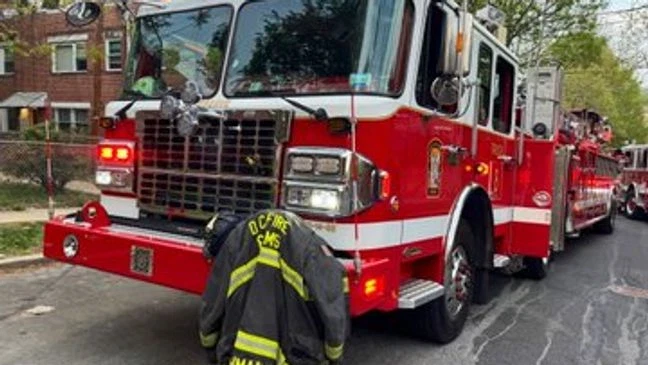
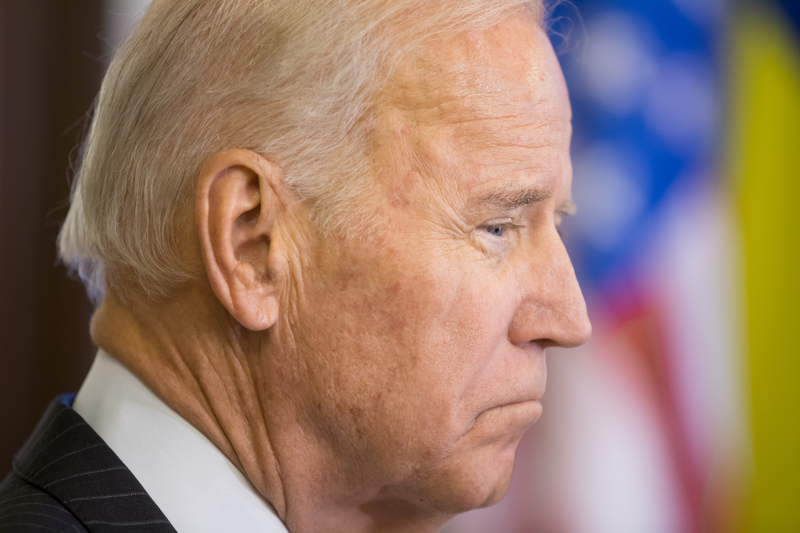
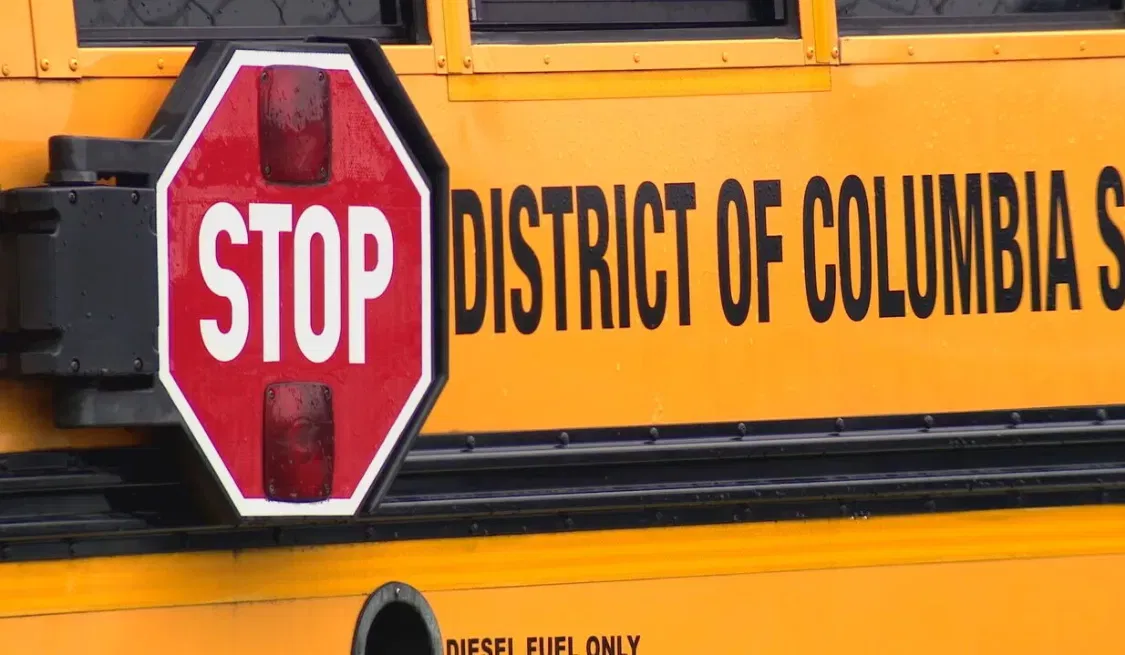

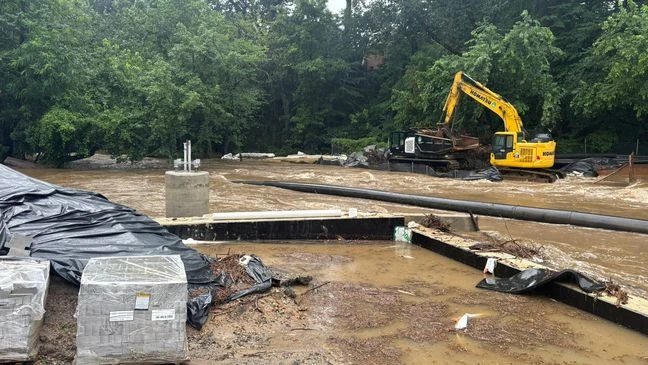
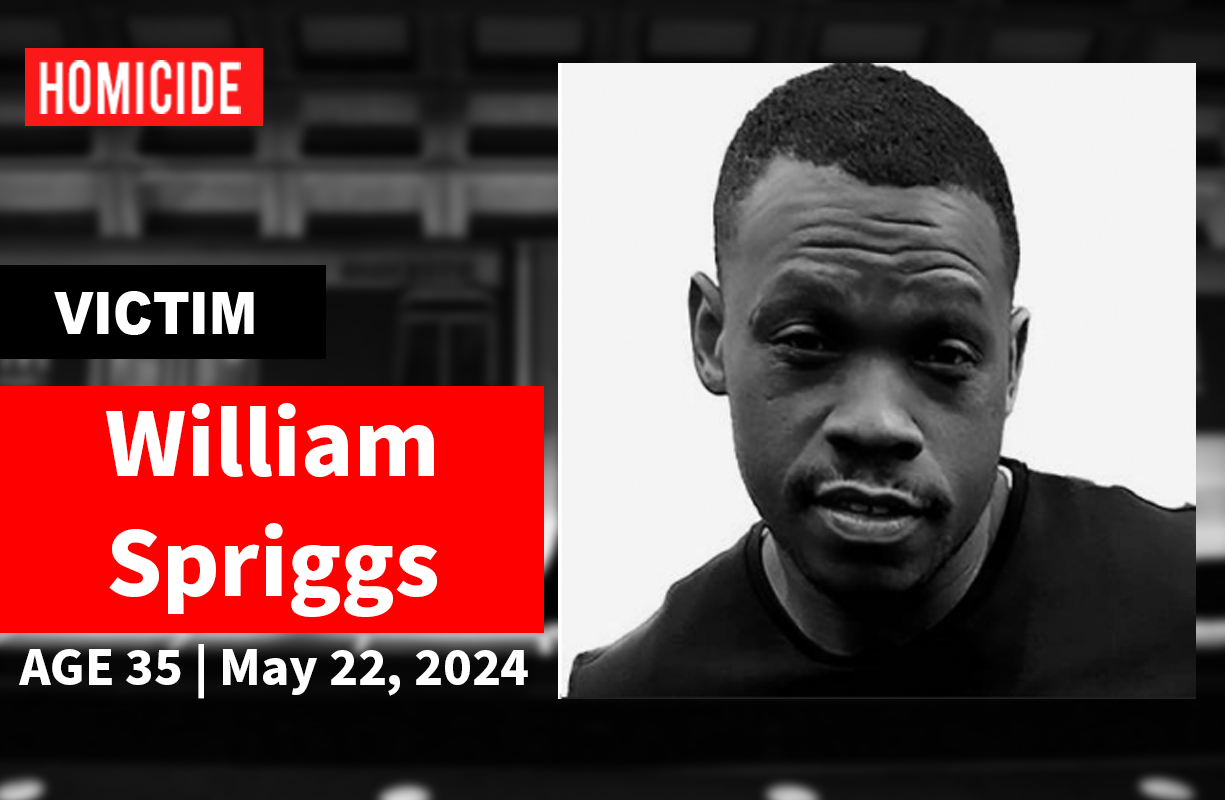
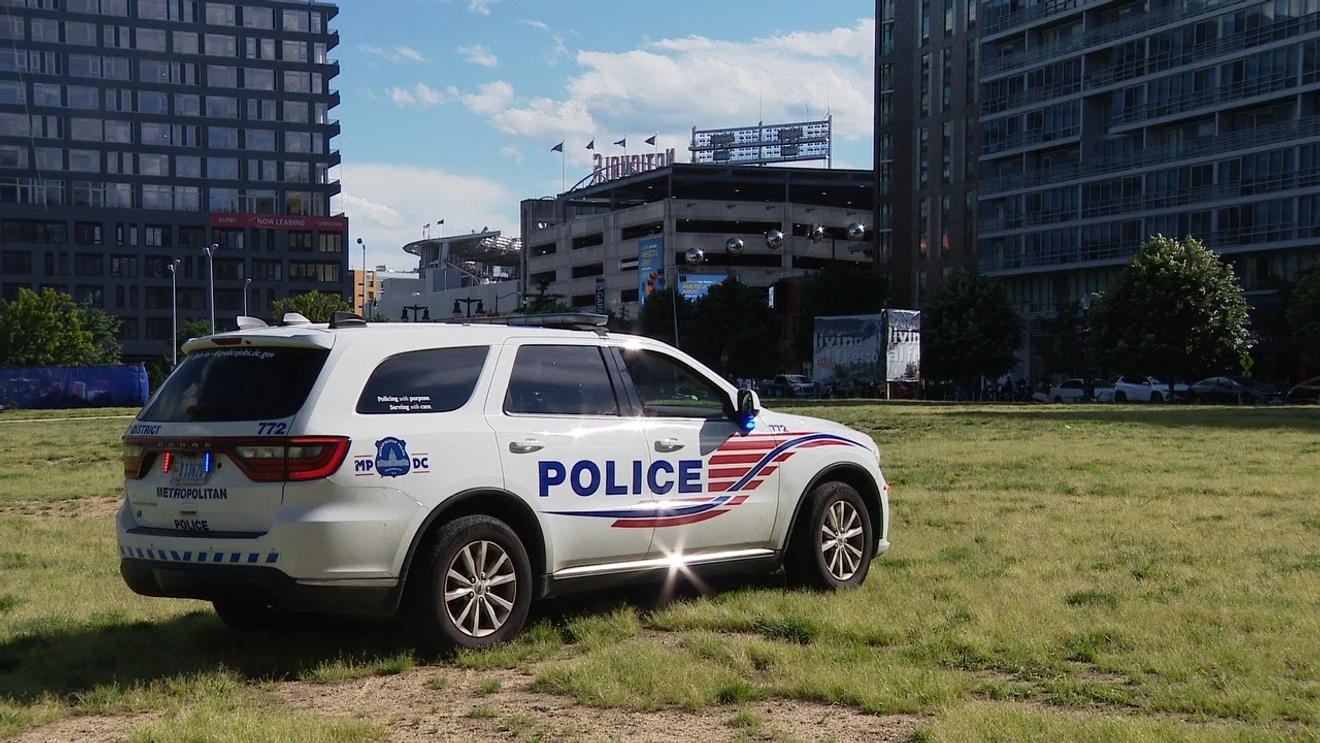
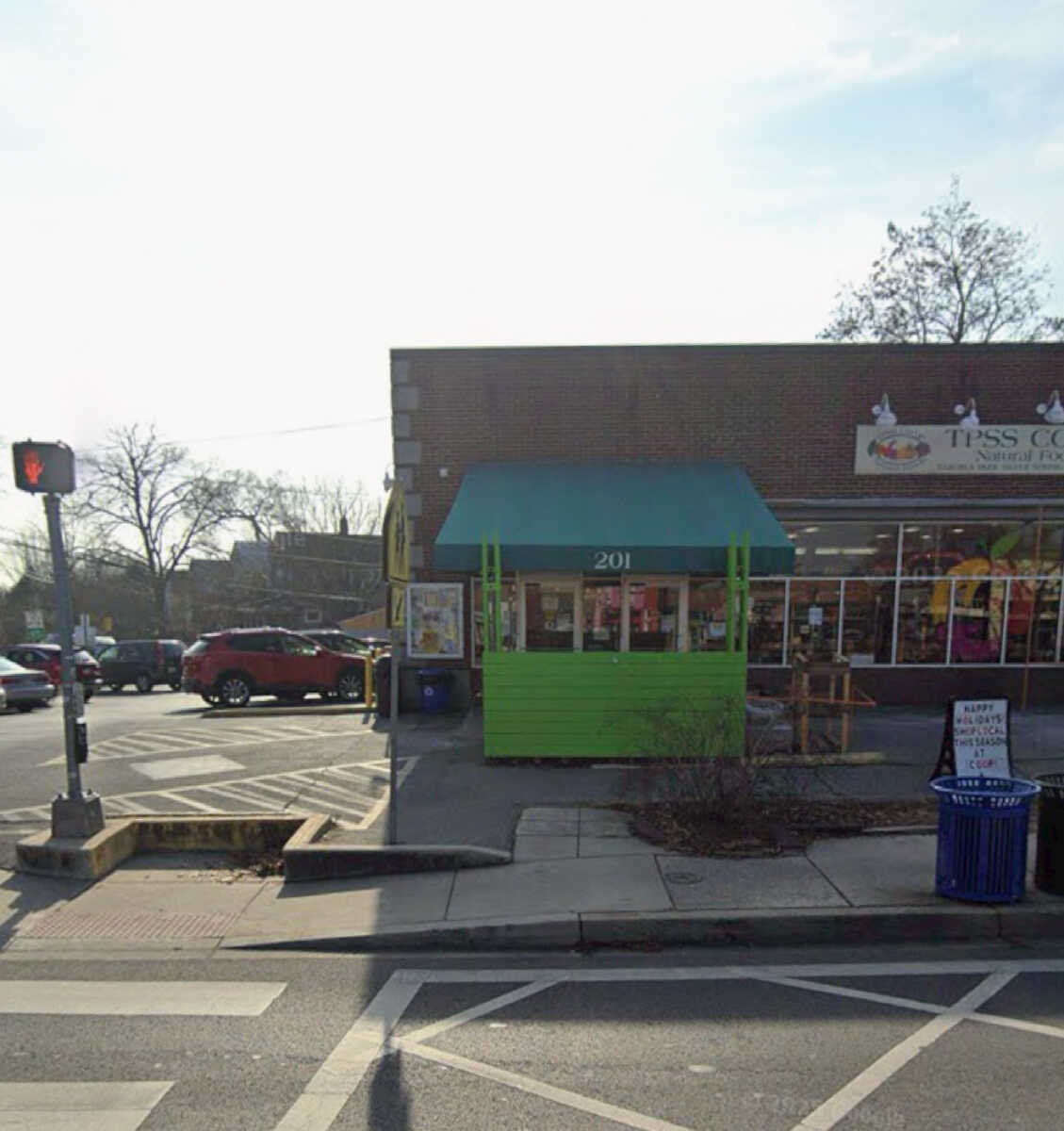


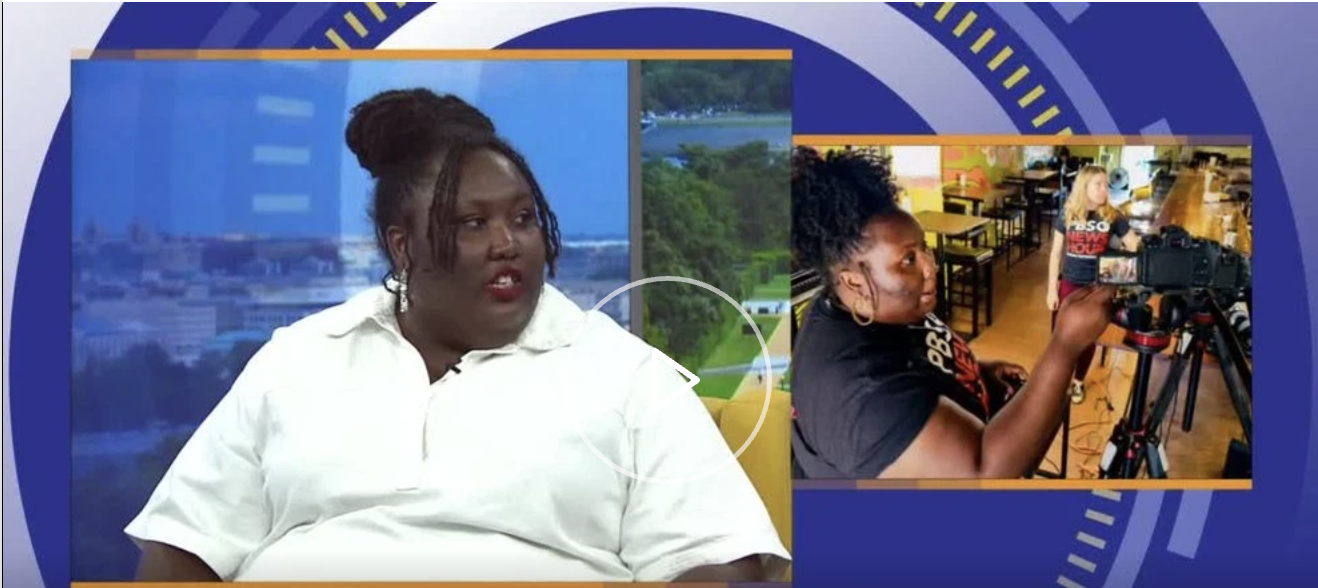


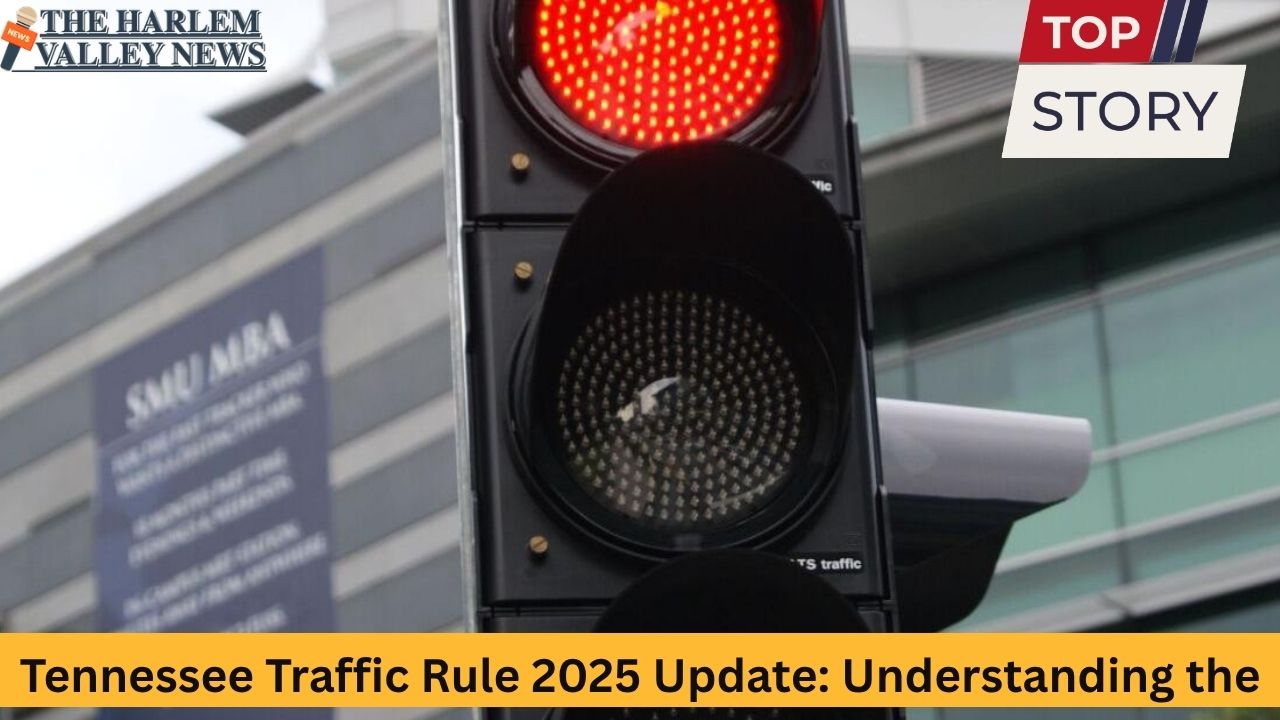

Leave a Reply